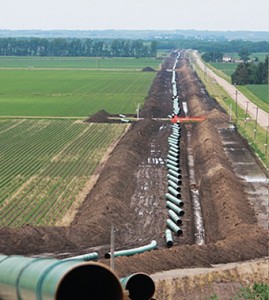
There are great amounts of quality disparagements of business schools in general (intentional or not), and MBA programs in particular. The singular ethos, such as it exists, or lack of concern beyond profiteering for anything involving people, environments, good governance or even public safety opens a very wide field in which quite little is possible other than the growing of predator industries and the election of frauds.
But the hedge-fund guys and girls have largely gotten a pass for a long while now, though that just will not suffice and they refuse to have their lack of acumen for or understanding of the industries they destroy not properly respected for precisely what it is:
To me, this and so many other closings of quality publications leads to a broader question of whether journalistic outlets can even exist under this current age of capitalism. In short, I think the answer is basically no. Journalism can exist in a capitalist system of course, but only when the people who own these outlets have some higher purposes, at least in part, whether it is some belief in the truth or at least a willingness to accept relatively moderate profits instead of instant gold. But we now live in an era of venture capitalist schemes, where rank idiots stumble into massive wealth and believe that they are rich because they are smarter than everyone else. When this happens, as it did in the initial Gilded Age, these morons run roughshod over the world around them.
Just so. The jump comes from a ledge of dangerous combination: You make a great deal of money – however quickly – and also systematically evade any education that would have given you access to some self-awareness that might save you and others something a little more important than two points below prime. The serial misunderstanding of terms will be the subtext of the best work of many future historians and not-a-few extradition treaties. CRaP, for example, is a re-purposed acronym that should be far more useful that it is.

